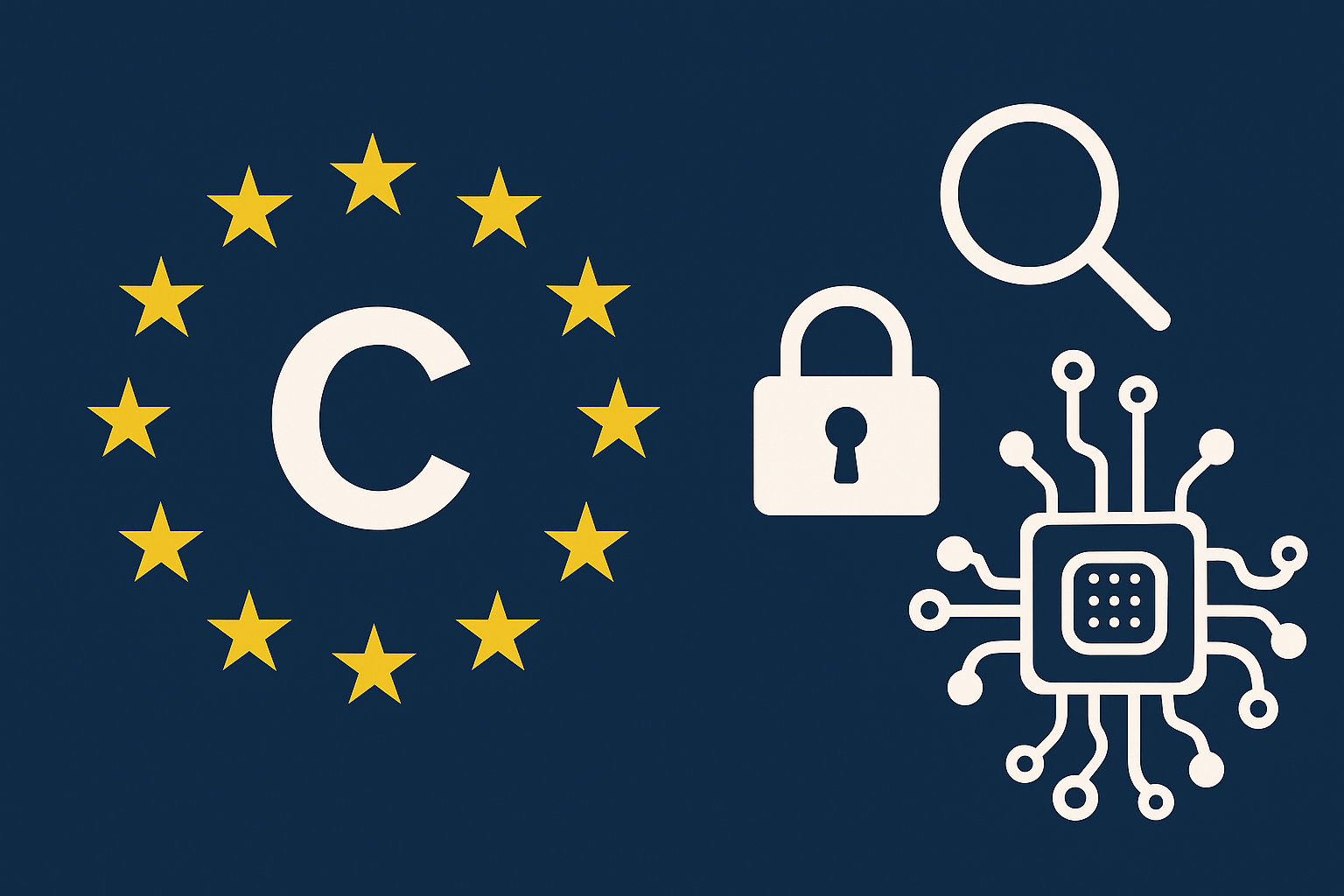The European Commission is accelerating enforcement actions and strategic initiatives that affect consumer rights, online safety, and technology sovereignty within the European Union. This week, the Commission targets Shein for unfair sales tactics that mislead consumers and investigates major adult platforms like Pornhub for failing to protect minors effectively. Alongside enforcement, the Commission prepares to release its quantum computing strategy to reinforce Europe’s role in this emerging technology.
What’s Happening & Why This Matters
Shein Faces Scrutiny Over Unfair Consumer Practices

The Commission’s investigation reveals that Shein uses artificial scarcity tactics, including fake discounts and countdown timers that reset, to pressure buyers into rushed purchases. These practices violate EU consumer protection laws, which focus on transparency and honesty. Further concerns involve Shein’s opaque return policies, questionable sustainability claims, and customer service accessibility.
Michael McGrath, the EU Commissioner for Justice and Consumer Protection, states, “Companies operating in the EU must comply with clear and fair rules. Consumer trust depends on truthful information.” Shein has a month to respond or risk penalties. The investigation involves consumer authorities from Belgium, France, Ireland, and the Netherlands.
This case follows similar probes into Temu, where the company used gamification features and fake reviews to mislead shoppers. Both Shein and Temu are also under review according to the Digital Services Act (DSA) for content moderation, algorithmic transparency, and selling prohibited goods.
Major Adult Platforms Under Investigation for Child Safety Failures
The Commission investigates four leading adult websites — Pornhub, Stripchat, XNXX, and XVideos — for inadequate age verification systems, exposing minors to harmful content. Under the Digital Services Act, Very Large Online Platforms (VLOPs) must implement robust safeguards to prevent underage access.

EU officials declare this investigation an essential step in protecting children online, emphasizing the Commission’s commitment to holding digital platforms accountable. Stripchat recently lost VLOP status after its user base dipped below the regulatory threshold of 45 million monthly active users. Oversight of Stripchat transitions to Cyprus, but obligations to safeguard minors continue.
The Commission works closely with member states and the European Board for Digital Services to ensure enforcement is swift and effective.
Europe’s Quantum Computing Strategy Speeds Ahead
The Commission plans to unveil its quantum computing strategy earlier than scheduled, targeting mid-2025. The plan promotes collaboration among EU nations to develop quantum hardware, nurture talent, and establish supply chains, thereby strengthening Europe’s technological autonomy.
Though Europe leads in quantum research, the industrial ecosystem needs reinforcement. The Commission warns that without investment in hardware manufacturing capabilities, Europe could fall behind global competitors.

EU Commissioner for Innovation and Technology, Henna Virkkunen, emphasizes the importance of “mobilizing investments and innovation across member states.” The strategy anticipates bolstering the EU economy by hundreds of billions of euros over the coming decades through quantum-enabled advances.
TF Summary: What’s Next
The European Commission is intensifying its efforts to protect consumers and children online, with stricter oversight of platforms like Shein and those catering to adults. At the same time, it advances Europe’s position in quantum computing through coordinated industrial and research efforts.
Expect further regulatory scrutiny and investments focused on consumer rights, digital safety, and emerging technologies that enhance the EU’s sovereignty and innovation capacity.
— Text-to-Speech (TTS) provided by gspeech


